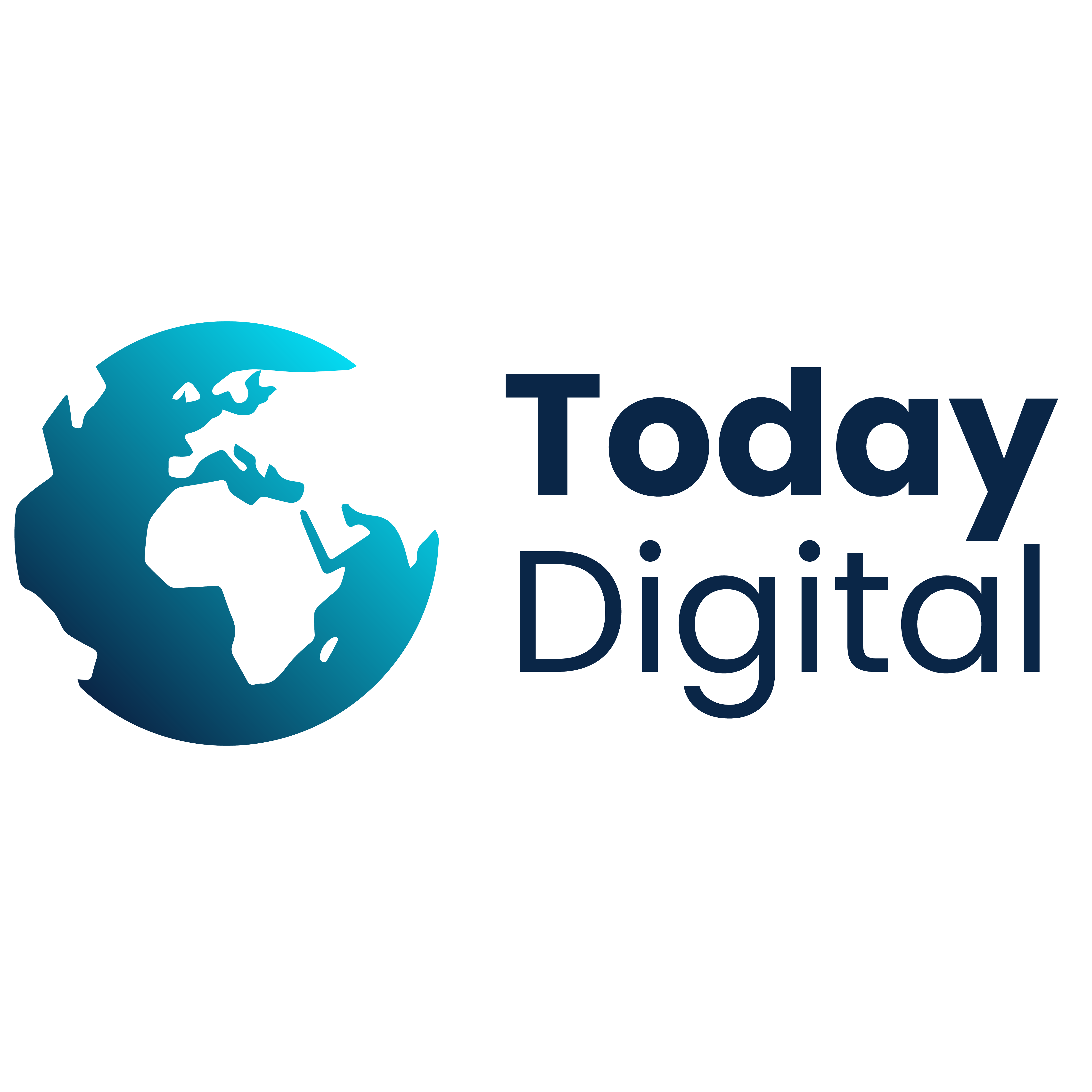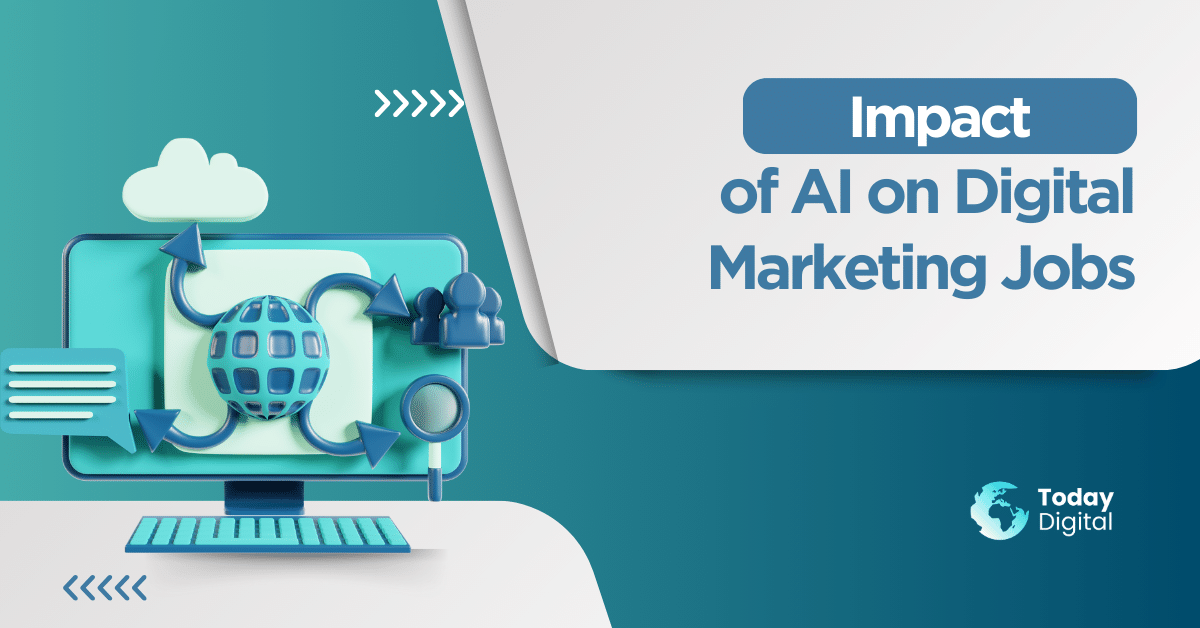Impact of AI on Digital Marketing Jobs
Introduction
In the whirlwind of digital evolution, artificial intelligence (AI) stands out as a groundbreaking force, particularly in the realm of digital marketing. This powerful technology is not just reshaping strategies but is also redefining job roles within the industry. From automation of routine tasks to the creation of new job titles that didn’t exist a decade ago, the impact of AI on digital marketing jobs is both transformative and expansive.
As we journey through this exploration, we’ll dissect the nuanced ways in which AI is influencing digital marketing jobs, what it means for professionals in the field, and how to stay ahead in this AI-driven era.
The Transformative Impact of AI on Digital Marketing Jobs
One of the most immediate effects of AI in digital marketing is the automation of repetitive and time-consuming tasks. AI-powered tools and solutions are now capable of conducting comprehensive market research, analyzing consumer behavior patterns, and even managing social media campaigns with minimal human intervention. This shift towards automation not only boosts efficiency but also allows digital marketers to focus on more strategic and creative aspects of their roles.
Emergence of New Roles
As AI continues to evolve, it is paving the way for new roles and specialties within digital marketing. Roles such as AI-driven content strategists, chatbot developers, and machine learning specialists are becoming increasingly important. These roles require a blend of technical knowledge and marketing acumen, highlighting the need for professionals to adapt and acquire new skills to thrive in an AI-centric landscape.
Enhanced Personalization and Customer Experience
AI’s ability to analyze vast amounts of data in real time has revolutionized personalization in digital marketing. AI algorithms can predict customer preferences and behavior, enabling marketers to craft highly personalized marketing messages and campaigns. This level of personalization enhances the customer experience, fosters brand loyalty, and drives conversion rates, setting new standards in customer engagement.
Data-Driven Decision Making
With AI, digital marketing is becoming more data-driven than ever before. AI tools can process and analyze data at a scale and speed unattainable for humans, providing insights that inform strategic decisions. This capability ensures that marketing strategies are not only more informed but also more effective, leveraging real-time data to adjust campaigns for maximum impact.
Navigating the Future of Digital Marketing in an AI World
To stay relevant and competitive in the future AI-driven digital marketing landscape, professionals need to:
Embrace Continuous Learning: Staying abreast of AI advancements and acquiring new skills related to AI technology will be crucial.
Cultivate Creativity: With AI handling routine tasks, there will be a greater emphasis on creativity and strategic thinking in digital marketing roles.
Adopt a Data-Driven Mindset: Leveraging data to make informed decisions will be fundamental in achieving marketing success.
Understand AI Ethics and Privacy: Navigating the ethical use of AI and ensuring customer privacy will be critical in maintaining trust and compliance.
How Will AI Shape the Future of Digital Marketing Jobs?
AI is set to redefine digital marketing jobs by automating routine tasks, creating new specialized roles, enhancing personalization in marketing campaigns, and facilitating data-driven decision-making. As AI technologies advance, professionals in the field must embrace continuous learning, cultivate creativity, adopt a data-driven mindset, and understand the importance of ethics and privacy in AI applications.
FAQs
While AI will automate certain tasks, it’s more likely to transform jobs rather than replace them entirely. It will create new opportunities for professionals who adapt and upskill in AI-related areas.
Focus on building a strong foundation in digital marketing principles while also gaining knowledge in AI and data analytics. Continuous learning and hands-on experience with AI tools will be key.
Apart from technical skills related to AI and analytics, soft skills like creativity, strategic thinking, and adaptability will be crucial.
AI enhances digital marketing strategies by enabling personalization at scale, optimizing campaign performance through data analysis, and improving customer insights for better targeting.


